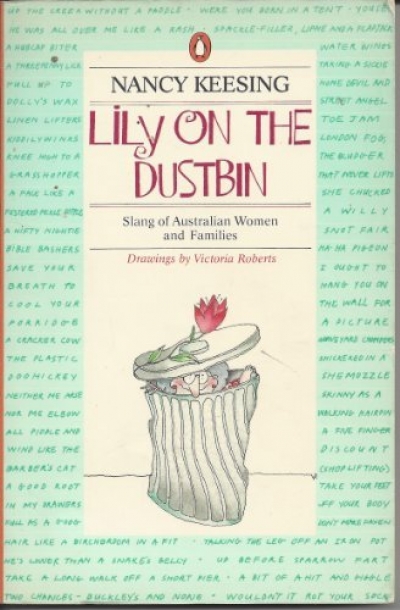Penguin
Lily on the Dustbin: Slang of Australian women and families by Nancy Keesing
by John Hanrahan •
Rock Choppers: Growing up Catholic in Australia by Edmund Campion
by John McLaren •
The Story of Gallipoli by Bill Gammage, based on the screenplay by David Williamson
by Margaret Smith •
Power Conflict and Control in Australian Trade Unions edited by Kathryn Cole
by Leo Hawkins •









